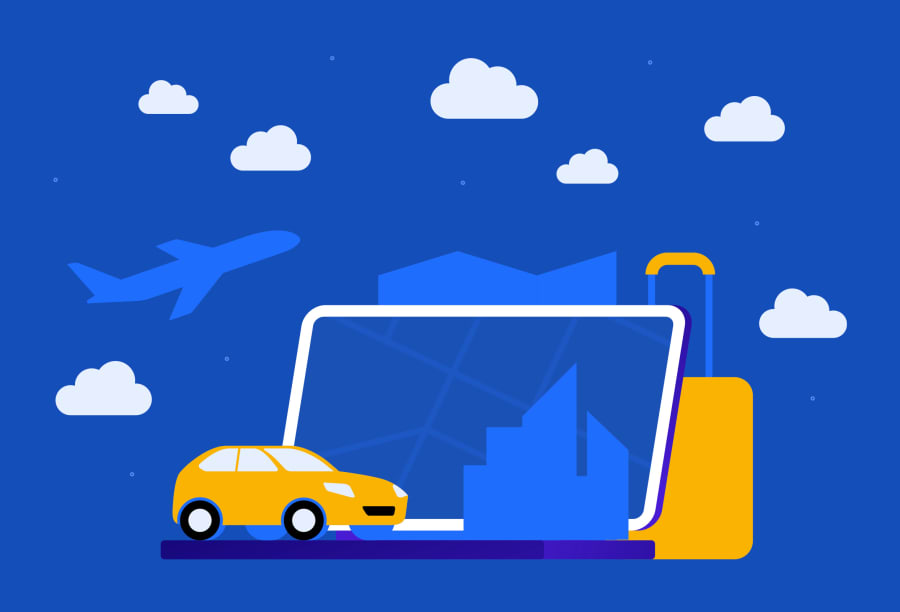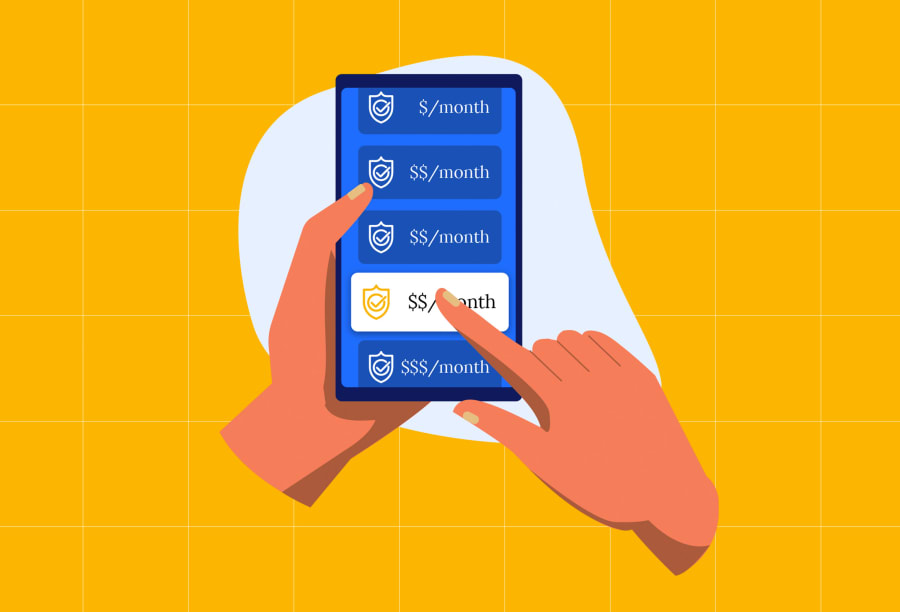How to Get a Rental Car from an Insurance Claim
Find Cheap Auto Insurance Quotes in Your Area
If your vehicle was damaged, you may be entitled to rental coverage from either your or the at-fault driver's insurance provider while your car is being repaired.
If the other driver is at fault, get their contact and insurance information and call their insurance company directly to file a claim. Ideally, the insurance company will claim liability and provide a rental car promptly.
However, delays often occur. If you need a rental immediately, you may need to front the rental costs yourself or rent through your own insurance company and then seek reimbursement from the other driver's insurer later.
If you're at fault for an accident or your car was damaged in a non-collision event, your rental fees will only be covered if you opted for rental reimbursement coverage on your policy. In that case, contact your own insurance agent to file a claim and manage the auto rental process. All rental coverage comes with daily and claim limits, so we recommend initiating your car repairs or replacement as early as possible.
Should I seek rental reimbursement from my insurer or the other driver's?
If the other driver was at fault, try to file a claim with their insurer and have them pay for your rental car directly.
This avoids risking an increase in your own insurance premiums or paying for rental expenses out of pocket. However, if you need a rental car urgently or the other insurance company is slow to admit liability, you may have to seek reimbursement.
If you have to pay for the rental up front, contact your own insurance agent and see if your policy includes reimbursement.
- If it does, your insurance company may cover your rental fees and seek reimbursement from the other insurance company on your behalf.
- If your policy doesn't include rental reimbursement, you'll need to pay for the rental and seek reimbursement from the at-fault driver's insurance company yourself.
Be sure to select a rental vehicle of the same general type and value as your own, and send a record of all transactions to the insurance agent you're working with.
How is fault determined?
Generally, fault may be determined by the testimony given by the drivers and witnesses, documented evidence and, largely, by the police report filed on scene. We recommend photographing the scene and damage and recording witnesses’ contact information to defend your case.
You should avoid admitting any fault if you think the other driver is to blame or if the situation is questionable. It's possible for multiple drivers to share fault, which will yield different claim outcomes, depending on the state.
How do I get rental reimbursement from an at-fault driver's insurer?
Regardless of who might be at fault, follow these steps after an accident to make sure you're financially protected.
- Contact the police.
- Get a police report.
- Get the other driver's contact and insurance information.
- Document how the accident occurred.
- Photograph any damage.
- If you believe the other driver is at fault, contact their insurance company directly to initiate a claim.
For very minor damage, drivers may decide to settle on compensation without involving the police or either party's insurance company. The at-fault driver's insurance provider is responsible for covering reasonable rental expenses incurred while a vehicle is being repaired.
"Reasonable" implies a rental vehicle of a similar type and value as the car being repaired.
The duration of the rental must also be appropriate. If your car repairs are delayed because the insurance company or the other driver is slow to respond, you should be covered until your own car is available. But if you're delaying the repair process, the relevant insurance provider may stop paying for the rental after a certain number of days. If your car is deemed a total loss, rental coverage typically ends as soon as a settlement is offered.
In the best cases, fault will be clear, and the other driver’s insurance provider will pay for your rental vehicle directly if you did not cause the accident. Other times, they might be slow to claim liability, in which case you may have to pay for the rental car yourself (or through your own policy's rental reimbursement coverage, if you have it) and pursue reimbursement later.
Insurance companies might delay claiming liability if the other driver fails to respond to the insurer's requests for their account of the accident or if the insurer thinks you might be partially at fault. Unfortunately, some providers know that if they delay reimbursement long enough, you might abandon the claim. Clearly and firmly stating the reasonable reimbursement you expect to receive will help you obtain the payment to which you are entitled.
What rental company should I use?
Insurance providers may have preferred rental car companies because they conduct most of their business with them. Although using these rental companies is usually not required, insurance companies often negotiate discounts for their clients if you choose to use their preferred car rental business.
- Geico's preferred rental car company is Enterprise Rent-A-Car. If you're seeking a claim through Geico, Enterprise will bill Geico directly instead of requiring you to pay at the counter.
- Similarly, Hertz provides discounts to Allstate and State Farm drivers.
Regardless of which rental company you choose, you'll need to provide a credit card to meet the rental company's security deposit requirements, and any supplemental insurance coverage you elect to buy from the rental company may not be covered by your claim.
How to get rental car insurance reimbursement if you're at fault or have non-collision damage
If your policy includes rental reimbursement coverage, your rental fees will be covered if you are at fault or your car is damaged in a non-collision event, such as flooding or theft.
This coverage is an option offered by most insurance providers. If you've added this coverage, your rental expenses will be reimbursed up to the policy's daily and claim limits.
For example:
- If your policy includes a 25/750 limit, you'll be reimbursed up to $25 per day, with a maximum of $750 per accident claim.
- If your car is safe to drive, rental coverage begins the day you leave your car at the body shop and ends the day your car is repaired or after 30 days, whichever comes sooner ($25 ✕ 30 = $750).
- If your car is unsafe to drive, coverage begins immediately.
- If your car is declared a total loss, reimbursement coverage may end as soon as a settlement is reached, so we recommend beginning your search for a replacement vehicle immediately.
Personal Finance Writer
Daniel is a former Staff Writer at ValuePenguin, covering insurance, retirement and other personal finance topics. He previously wrote about compliance and best practices for K-12 school districts at Frontline Education.
Editorial Note: The content of this article is based on the author's opinions and recommendations alone. It has not been previewed, commissioned or otherwise endorsed by any of our network partners.



